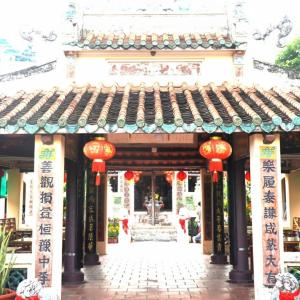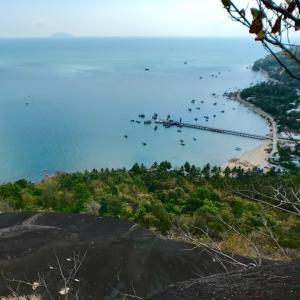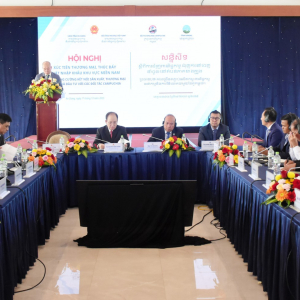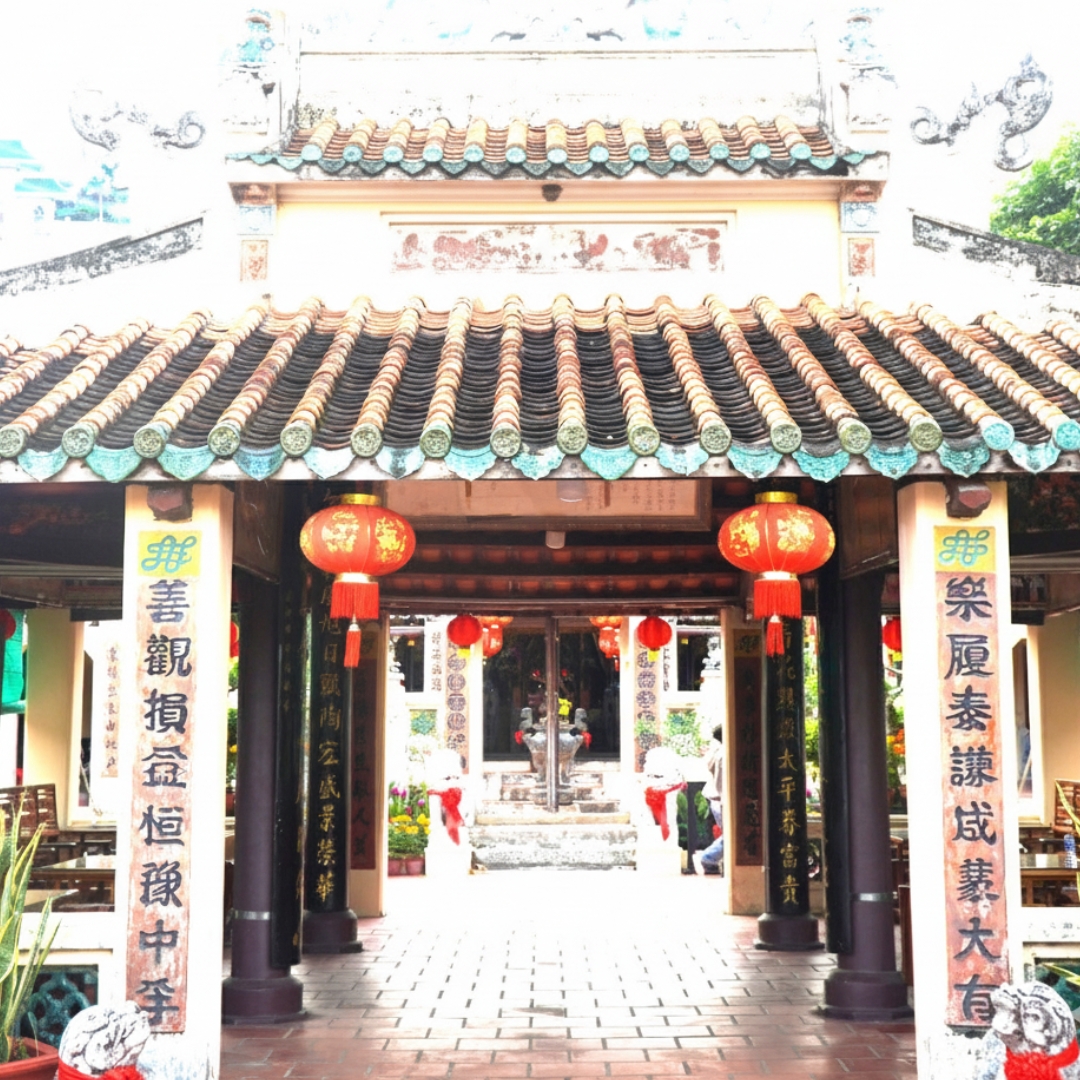
In the southwestern frontier of Vietnam, Ha Tien is renowned not only for its poetic landscape but also for the pioneering legacy of The House of Mac.
Among them, Mac Thien Tich (1718–1780)—a remarkable statesman, strategist, and cultural leader—founded the Chieu Anh Cac Literary Society, elevating Ha Tien into one of the most prosperous cultural and commercial centers of southern Vietnam in the 18th century.
A Successor Who Expanded the Southwestern Frontier

Born into the founding lineage of Ha Tien, Mac Thien Tich displayed exceptional intellect and mastery in both civil governance and military strategy.
In 1735, following the passing of Mac Cuu, he was appointed Commander of Ha Tien by the Nguyen Lords. He strengthened the region’s defenses by constructing the 20-kilometer Phuong Citadel and reinforcing the Phu Dung Rampart, ensuring stability against threats from Siam, Cambodia, and rampant piracy.
At the same time, he expanded trade ports, established schools, recruited scholars, and developed urban markets—transforming Ha Tien into a vibrant commercial hub of the southern region.
Chieu Anh Cac Literary Society – A Pinnacle of Southern Scholarship

Ceremonial Lantern Floating – Ha Tien Chieu Anh Cac Literary Festival
In 1736, Mac Thien Tich founded the Chieu Anh Cac Literary Society, gathering poets and scholars from across the region and establishing Ha Tien as the foremost literary center of southern Vietnam in the 18th century.
Here, the celebrated collection “Ten Scenes of Ha Tien” was composed, portraying ten emblematic landscapes that shaped the cultural identity and enduring literary legacy of Ha Tien.
The influence of Chieu Anh Cac Literary Society extended to Gia Dinh and throughout southern Vietnam, where the distinguished scholar Nguyen Cu Trinh composed responsive verses, enriching the literary heritage of the region.
Enduring Legacy and Contemporary Remembrance
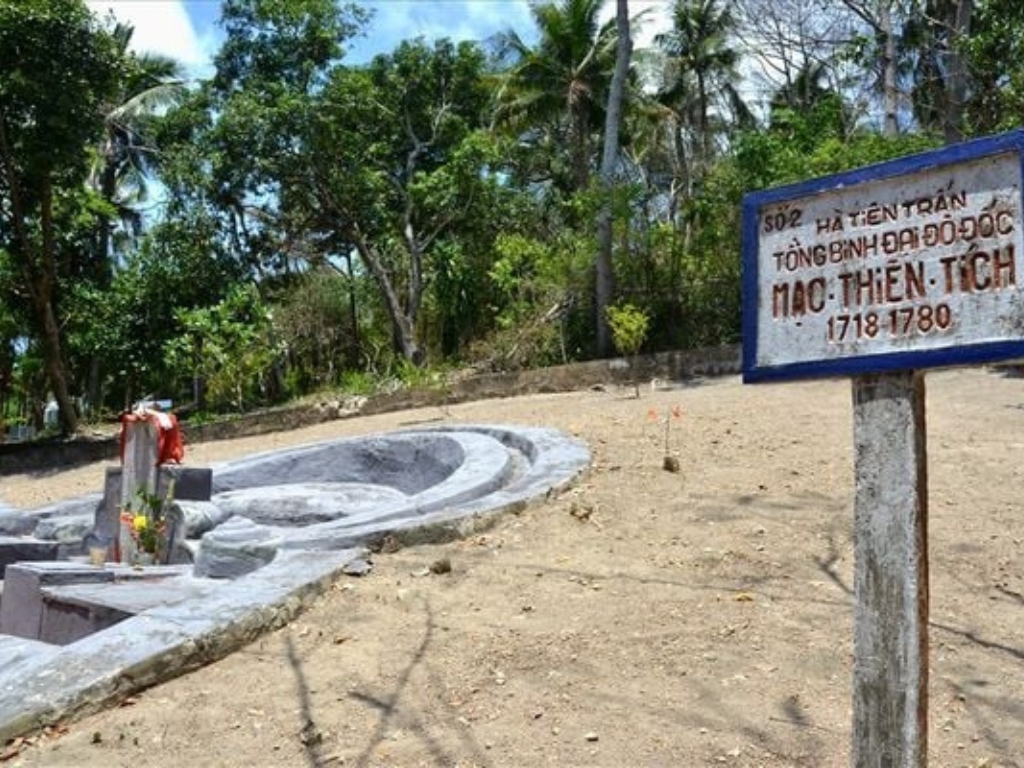
Through his strategic vision, Mac Thien Tich transformed Ha Tien into a thriving frontier domain. He was granted three dragon-inscribed vessels and authorized to establish a mint, affirming Ha Tien’s significance in the southern economy.
Toward the end of his life, amid political upheavals, he was captured by Siamese forces and passed away in Siam in 1780. He was posthumously bestowed the title Great Admiral – Loyal and Virtuous Marquis, and his memorial temple on Binh San Mountain remains a revered site of remembrance.









